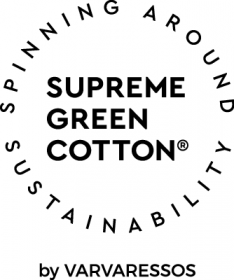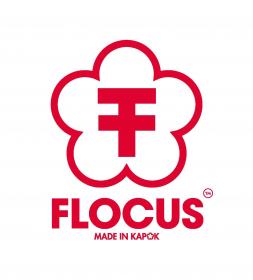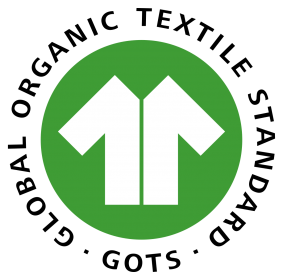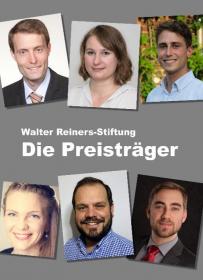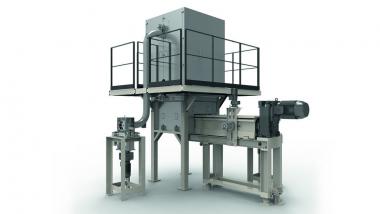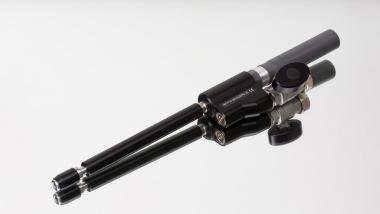Spinnova and KT Trading create new circular textile made from leather waste
The textile industry is constantly searching for new, sustainable, and circular materials. Following thorough research and testing, Spinnova and KT Trading have developed a natural leather fabric made from leather waste without harmful chemicals.
"Leather is an amazing high-quality material with unique properties. With this new textile, we have taken yet another step towards completing the circular economy for leather," says Kristian Geert Jensen, CEO of KT Trading, who now has a joint venture with Spinnova.
Spinnova CEO: Sustainable innovation
Together with KT Trading, ECCO’s key leather provider, Spinnova has established the Respin company - a new joint venture. The partners are already constructing a leather fibre production pilot plant in Finland.
ECCO’s Applied Research division and Spinnova have been in a R&D collaboration since 2018 and have made successful trials with spinning the protein biomass into fibre. Processing leather raw material does not require further technology development from Spinnova. The company already has proof of concept from using the method on wood-based raw material.
Spinnova / Cision
















